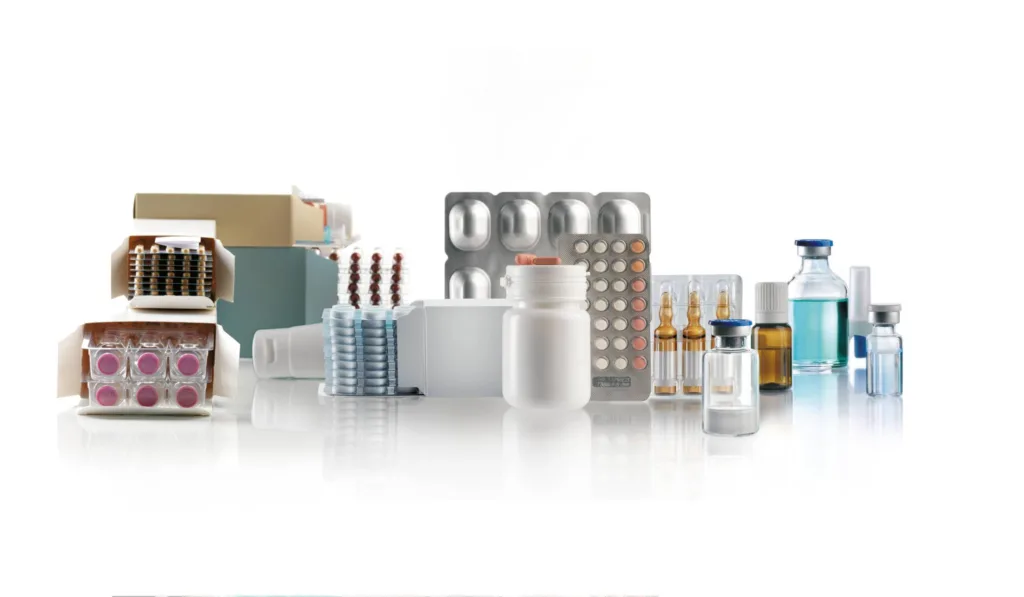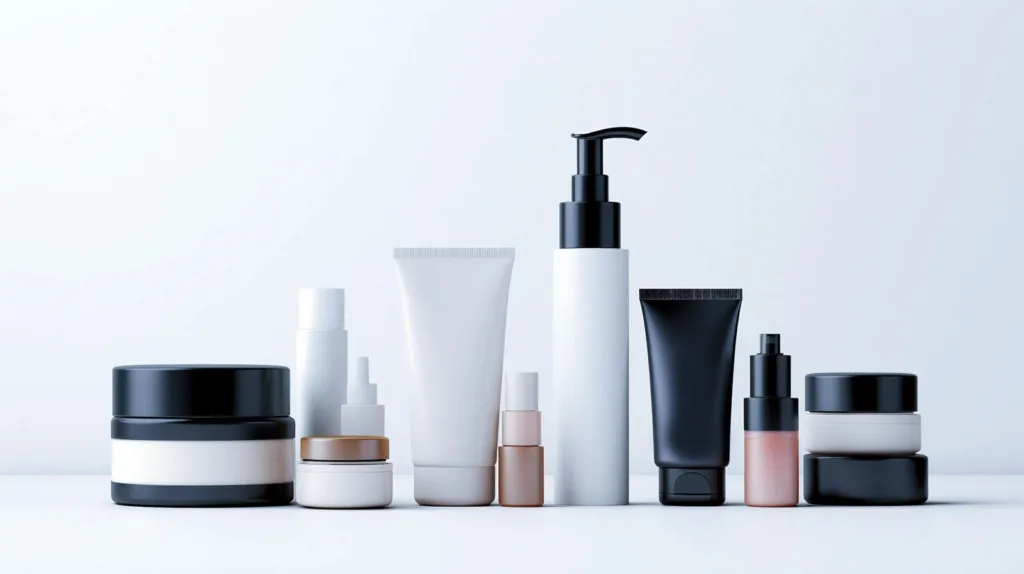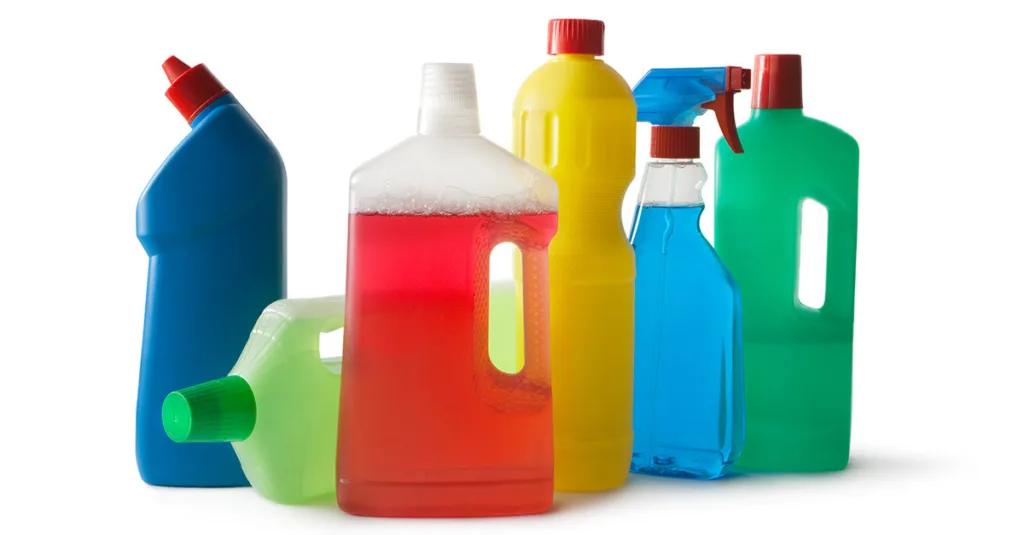In today’s fast-paced manufacturing world, automation plays a key role in achieving efficiency, precision, and consistency. One of the most versatile pieces of equipment in industrial production is the filling machine. Understanding filling machine uses across industries highlights how this technology supports multiple sectors — from food and beverage to chemicals, pharmaceuticals, and cosmetics — ensuring accuracy, hygiene, and productivity.
The food and beverage industry heavily relies on filling machines to handle liquids, semi-liquids, and powdered products efficiently. These machines ensure portion control, reduce product wastage, and maintain hygiene — a crucial factor for consumable goods.
Common applications include:
Bottled drinks: Water, juices, carbonated beverages, and milk are filled using automatic liquid filling machines.
Sauces and condiments: Viscous filling machines handle thicker substances like ketchup, mayonnaise, and syrups.
Powdered food items: Flour, protein powders, and spices are packed using auger or volumetric fillers.
Using filling machines in this industry improves speed, reduces human error, and enhances consistency across product batches.

When it comes to medicines, accuracy and sterility are non-negotiable. Filling machines are critical in ensuring each dose, capsule, or liquid medication is measured and packed precisely.
Typical pharmaceutical applications include:
Syrups and suspensions – filled with liquid filling machines under sterile conditions.
Powders and granules – used for antibiotics and supplements, packed via auger fillers.
Creams and ointments – dispensed into tubes or containers using piston fillers.
Filling machines not only improve production speed but also meet the stringent hygiene standards required in pharmaceutical manufacturing.

The cosmetics sector demands precision and presentation. Filling machines ensure creams, lotions, and gels are filled into containers neatly and accurately — preserving product aesthetics and integrity.
Common cosmetic applications include:
Liquid foundations and serums – using small-volume liquid fillers.
Shampoos and conditioners – packed with volumetric or piston fillers.
Lotions and creams – dispensed using pressure-based filling systems to avoid air contamination.
Automated filling systems allow cosmetic brands to scale production without compromising quality or appearance.

Chemicals and detergents often involve corrosive or hazardous materials, making safety a top priority. Automated filling machines ensure that operators handle minimal exposure while achieving accurate filling.
Key examples include:
Household cleaners and disinfectants – filled with corrosion-resistant liquid filling machines.
Paints and coatings – dispensed with piston or gravity fillers for precise viscosity control.
Industrial chemicals – packed using explosion-proof filling systems for safety and compliance.
The right filling technology guarantees safe and efficient packaging, preventing spillage, contamination, and wastage.
Lorem ipsum dolor sit amet, consectetur adipiscing elit. Ut elit tellus, luctus nec ullamcorper mattis, pulvinar dapibus leo.

Less commonly discussed but equally important, the agricultural and automotive sectors also rely on filling machines. These systems handle lubricants, fertilizers, oils, and coolants — products that require accurate volume control.
Applications include:
Motor oils and lubricants – filled with thick-liquid fillers that ensure precise measurement.
Fertilizers and pesticides – dispensed using chemical-resistant filling equipment.
By automating these processes, manufacturers can reduce downtime and improve overall operational safety.
No matter the industry, filling machines bring several universal advantages:
Consistency: Every container or packet gets the same volume.
Efficiency: Faster production rates save time and labor costs.
Hygiene and Safety: Automation minimizes contamination and human contact.
Scalability: Businesses can easily increase output as demand grows.
Modern filling machines are also customizable — designed to meet specific product characteristics and container types.
Ready to upgrade your packaging line or learn more about filling machine solutions?
Get in touch with our team today!
Our experts are here to help you find the perfect filling solution for your business.